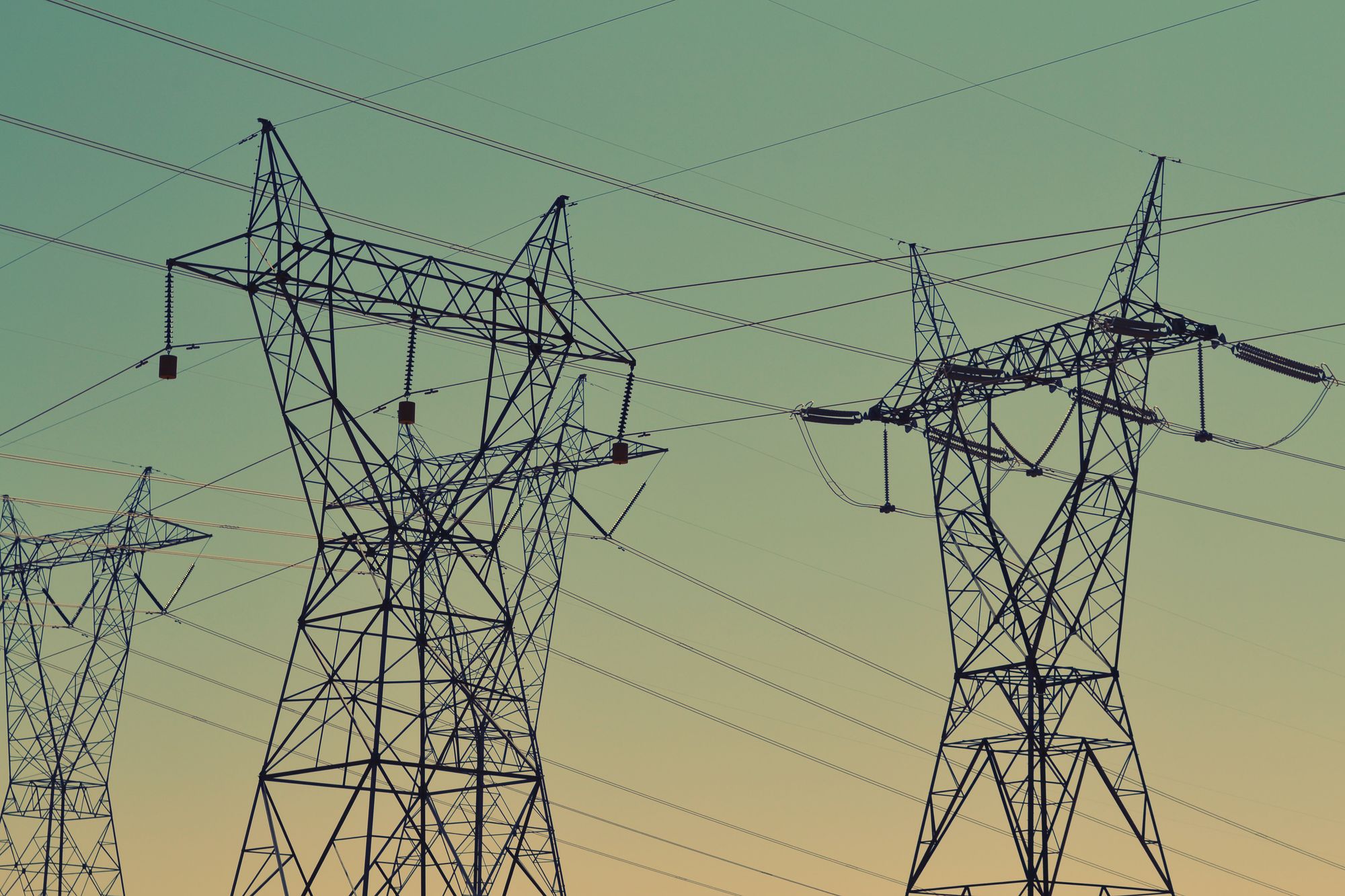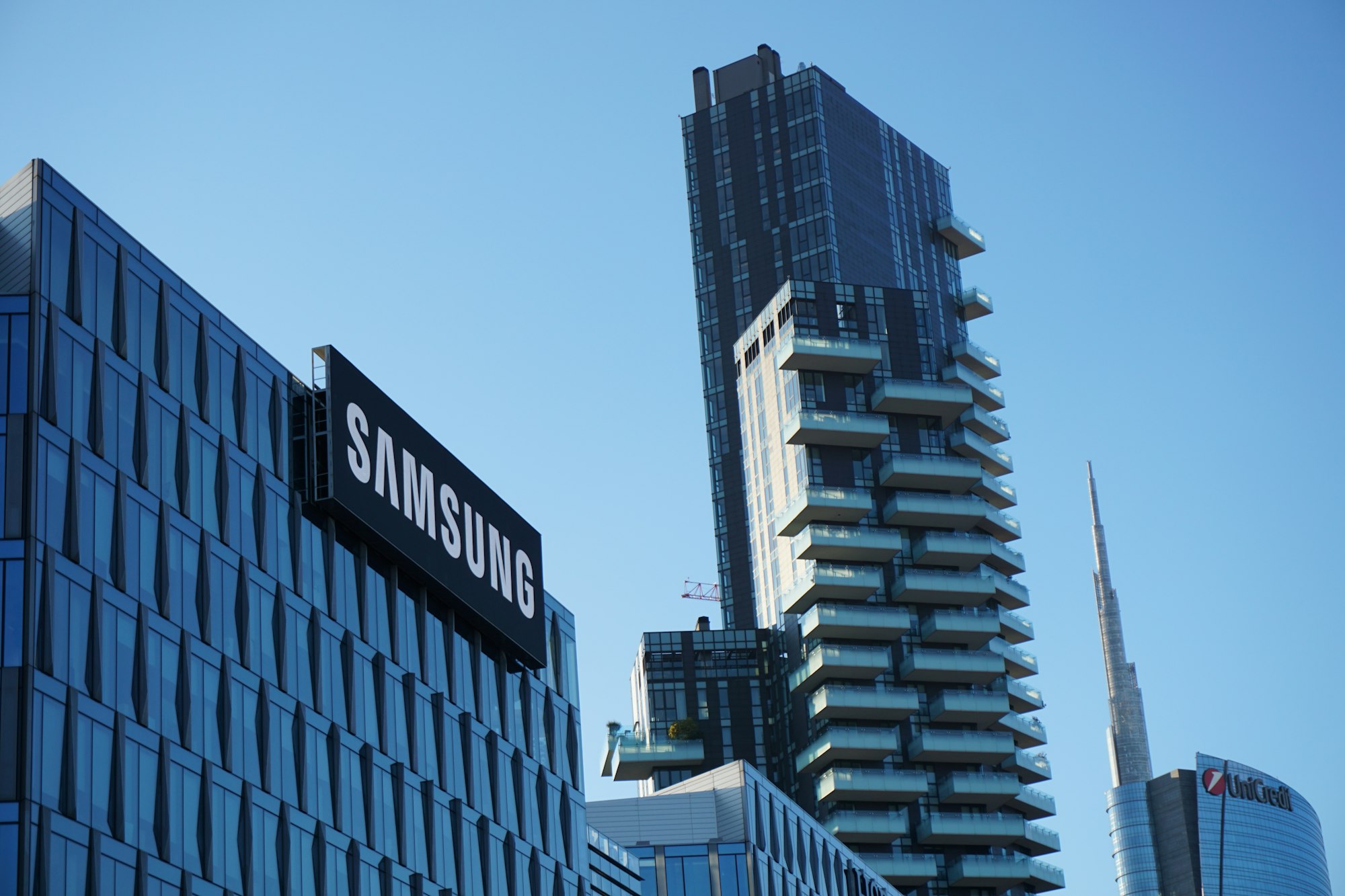Political Opposition Grows
The main opposition party in India, the Congress party, started a series of protests at state-run companies which have considerable exposure to Adani's activities. In Mumbai, protesters held signs saying "Save SBI" (State Bank of India) as the fear of contagion to the wider Indian economy grows.
- The Security and Exchange Board of India (SEBI) issued a statement over the weekend to reassure the public about the stability of the Indian markets
- The statement claimed that the country's two main indexes, the Sensex (benchmark index of the Bombay Stock Exchange) and the Nifty 50 (flagship index of the National Stock Exchange of India), are functioning transparently, fairly, and efficiently
- Still, the regulator made reference to "unusual price movements in the stocks of a business conglomerate" without mentioning the Adani companies
Close Ties
The crisis was caused by a report from U.S. short-seller Hindenburg Research accusing Adani of stock manipulation, excessive debt, and use of tax havens. The Adani group has rejected the claims and denies any wrongdoing, but their shares continue to fall. Adani's $2.5 billion share sale was cancelled and Gautam Adani, the group's chairman and once Asia's richest person, has lost his position in the global wealth rankings.
- Adani has denied allegations of benefiting from his close ties with Prime Minister Narendra Modi, and the government has denied allegations of favoring Adani
- Still, Adani's growth mirrors Modi's trajectory. Both are from Gujarat, where Modi became the state's chief minister in 2001, just prior to religious unrest that caused at least 1,000 deaths and briefly impacted business confidence
- Adani became a strong supporter of Modi's business endeavours and helped establish a thriving industrial empire in the region, contributing to Modi's efforts to promote Gujarat as a successful economic model for India
- Their close relationship was demonstrated when Modi used an Adani aircraft after being elected to national office in 2014
(Too) Rapid Growth
Adani has also been a strong supporter of Modi's initiatives since he took office, investing billions of dollars into areas identified as priorities by the government, including both coal mining to meet India's growing energy needs and renewable energy for India's long-term goal of decarbonizing its economy.
- This approach has proven successful, as Adani's net worth has grown from $7 billion in 2014 to over $100 billion before the Hindenburg report, making him one of the wealthiest individuals globally
- However, the rapid growth of Adani's companies has led to increased criticism both locally and internationally, with allegations that his close relationship with Modi has resulted in lenient treatment by regulators, enabling him to overpower competitors
- For instance, a leaked 2017 government audit claimed that Adani Power received "preferential treatment" that would allow it to charge higher prices
Increased Scrutiny
Indian journalists have been investigating various aspects of Adani's operations, including debt levels, the presence of funds that only hold Adani stock in its shareholder base, and its connections to offshore companies in tax haven Mauritius. However, the reports were cautious, as Indian editors rely on big corporate advertisers and the government tolerates little criticism.
- In contrast, Hindenburg showed no such restraint. In its January 24th report, the short seller claimed, among other things, that Adani's empire used Mauritius-based funds to disguise the true extent of the family's ownership of Adani companies listed in Mumbai, violating rules on insider stock ownership
- It also alleged that Adani's brother, Vinod Adani, controls 38 Mauritius-based entities that have transferred billions of dollars into Adani's public and private companies in India, making the listed companies appear more creditworthy and allowing them to borrow more
Disclaimer
Please note that this article does not constitute investment advice in any form. This article is not a research report and is not intended to serve as the basis for any investment decision. All investments involve risk and the past performance of a security or financial product does not guarantee future returns. Investors have to conduct their own research before conducting any transaction. There is always the risk of losing parts or all of your money when you invest in securities or other financial products. Please note that the writer of this article is not registered as a financial advisor.
Credits
Photo by Fré Sonneveld on Unsplash.






